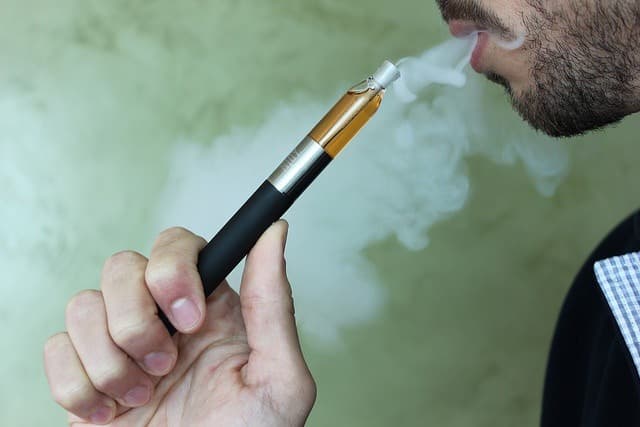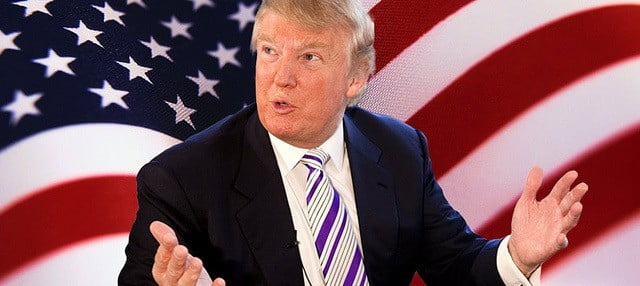As Donald Trump recently got sworn in as America’s 45th president and took up office in Washington, members of the vaping community are forced to wonder what this will mean for the e-cigarette industry. Indeed, while most of the attention was on the presidential election last November 8th, other important issues that impact vaping were at stakes elsewhere across the country. The outcome of the 2016 election has already affected vapers and will continue to do so, but the future is somewhat uncertain, so what should vapers expect under the Trump Presidency?
The FDA regulations back on the table
Libertarian Party Gary Johnson was the first and only candidate to endorse the use of e-cigarettes during the elections. He strongly opposed the FDA regulations, stating that the free market and entrepreneurial spirit of vaping was one to be encouraged as something that could help countless people quit smoking, rather than be destroyed. Johnson, however, received only 3% of the popular votes and no other party candidates have made a statement about either vaping or the FDA’s rules.
There were 154 measures on 35 state ballot initiatives on November 8. The most popular topic was marijuana, with a total of nine states voting on one aspect or another of the drug’s use. Other topics included increase of the minimum wage, death penalty, education, gun control, and a tax increase in tobacco products.
California, most notably, approved a significant increase in cigarette taxes under Proposition 56, and since e-cigarettes have been classified as tobacco products since the FDA ruling, companies such as Mount Baker Vapor will be forced to follow suit. The decision has been heavily condemned by the vaping world.
The repercussions of Proposition 56
In exactly the same way Proposition 56 will discourage the purchase of cigarettes and tobacco in California, it will also affect e-cigarettes and e-liquids sales. Several American e-cig brands will have to navigate through yet another sea of regulations that will likely force many of them to shut down. On the other hand, imported products that avoid taxation and the regulations may see a rise in sales and popularity.
Another major concern following Proposition 56 is how the classification of e-cigs will continue to affect the perception people have of vaping. Putting e-cigarettes in the same category as traditional tobacco products will continue to create negative press around vaping, despite the opinion of many that it is a great quit-smoking aid and could indeed help in decreasing the quantity of Americans still smoking.
In the same way the FDA classified e-cigarettes and e-liquids as “tobacco products”, Proposition 56 will continue to perpetuate the popular opinion that vaping is inherently bad and must be banned.

Will Trump tackle the FDA ruling?
Vice President-elect Mike Pence was the one who signed the infamous House Bill 1432 back in 2015. The bill stipulated that, in order to obtain a five-year permit to sell their e-liquids in the state of Indiana, manufacturers had to work with an independent security firm to inspect all of their products beforehand. The law quickly transpired to be in place only to help create a local monopoly. An injunction ruling was issued later on, judging the law illegal and making the sale of e-liquids that had not been approved by the state’s Alcohol Tobacco Commission possible again.
There is, however, a sliver of hope amongst e-cigarette aficionados that a Republican Congress with a Republican president might be an opportunity for separating vaping products from tobacco products in the Tobacco Control Act. But it’s still early, and it’s difficult to say exactly what will happen, since President-elect Trump has not voiced an opinion on the topic of vaping.
The only way vapers can look to significantly influence any potential change is to remain committed to their favorite e-cigarette products and brands, giving them and the entire industry the support needed to fight back against the vaping crackdown.

